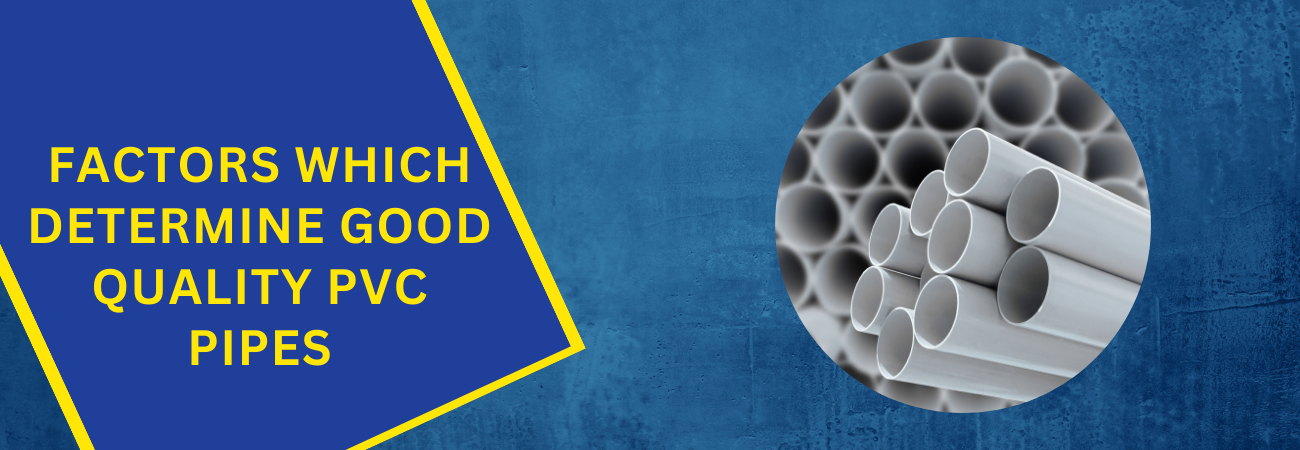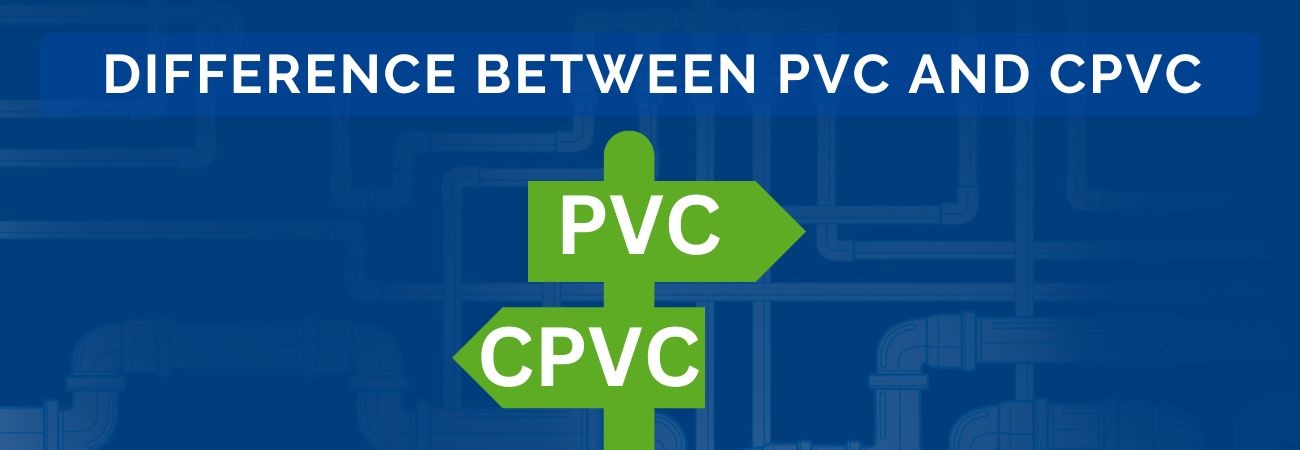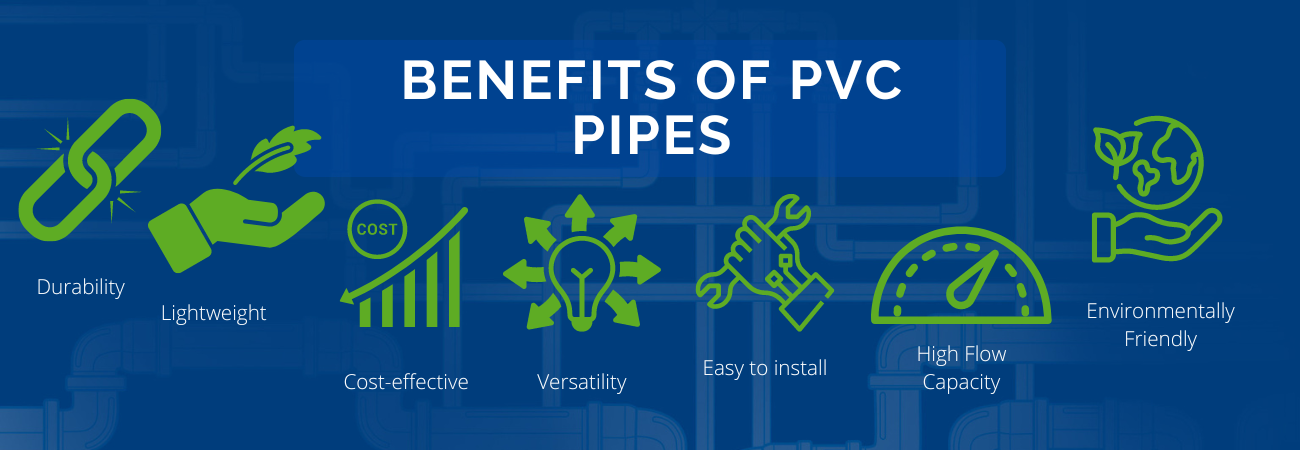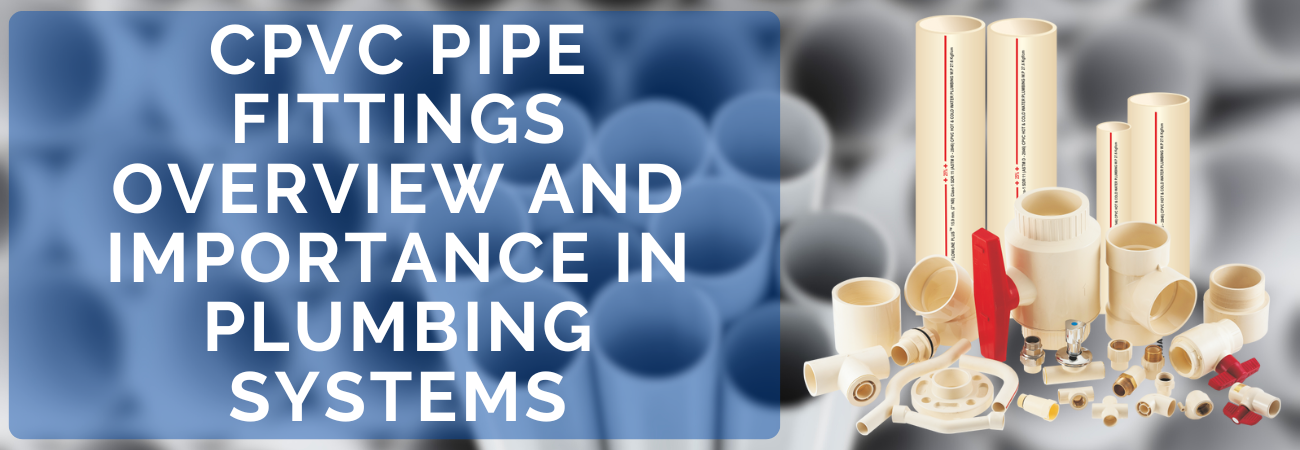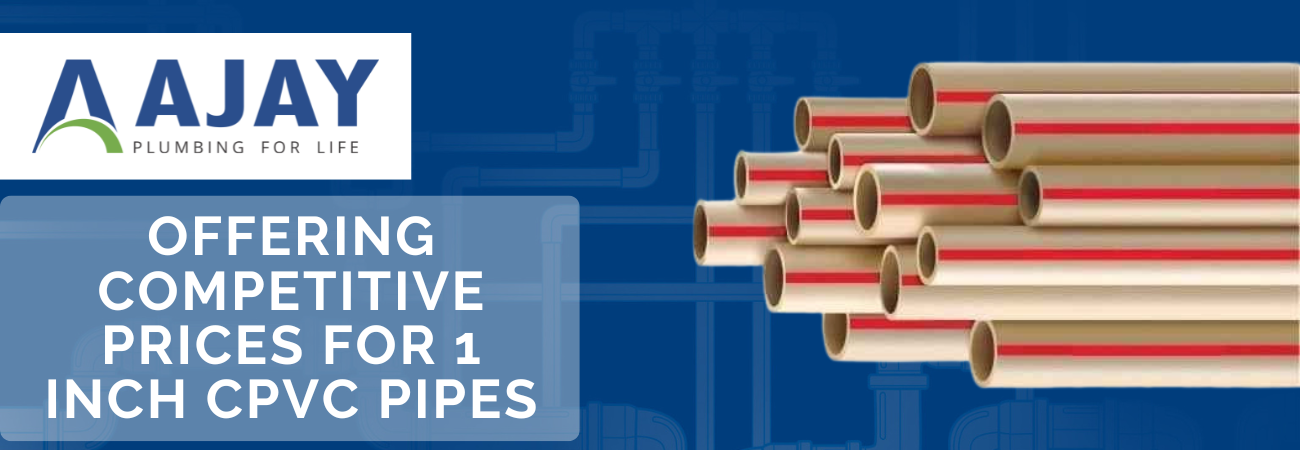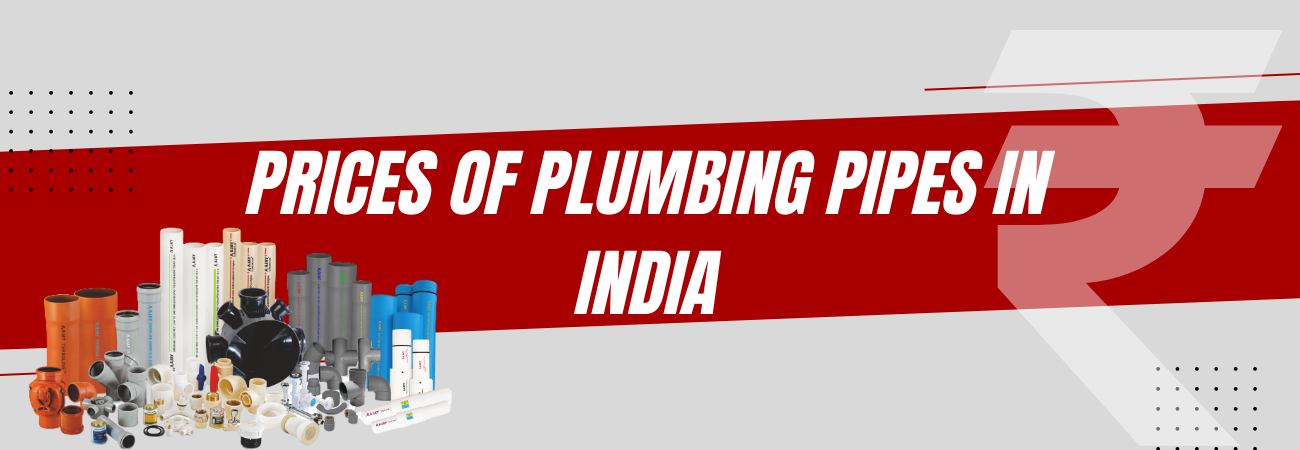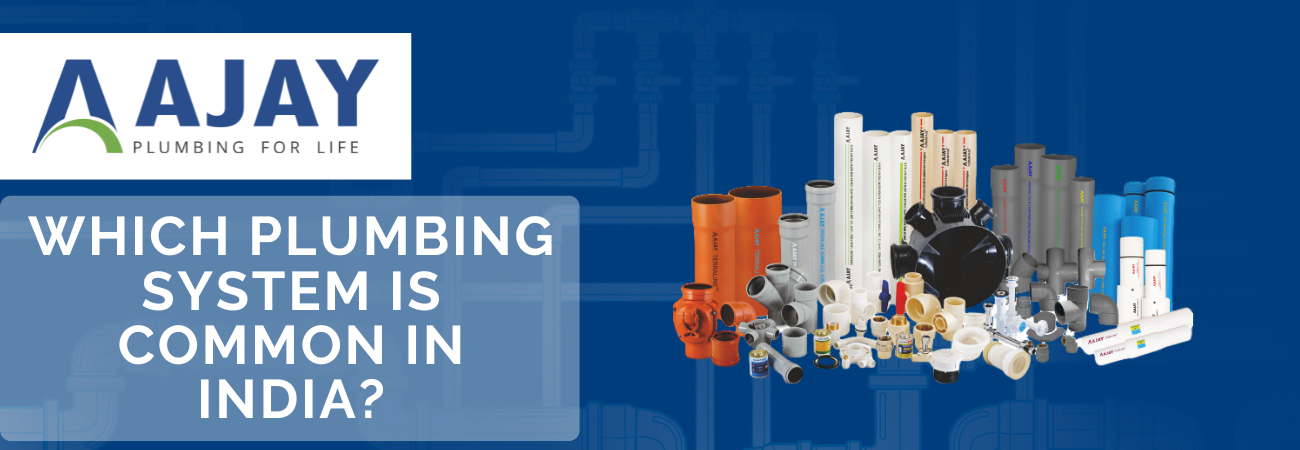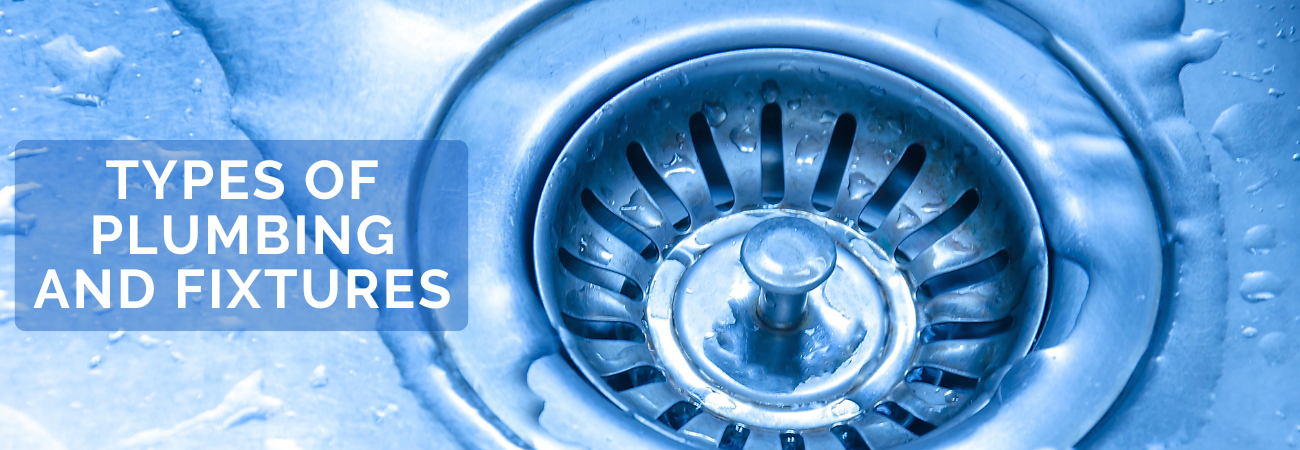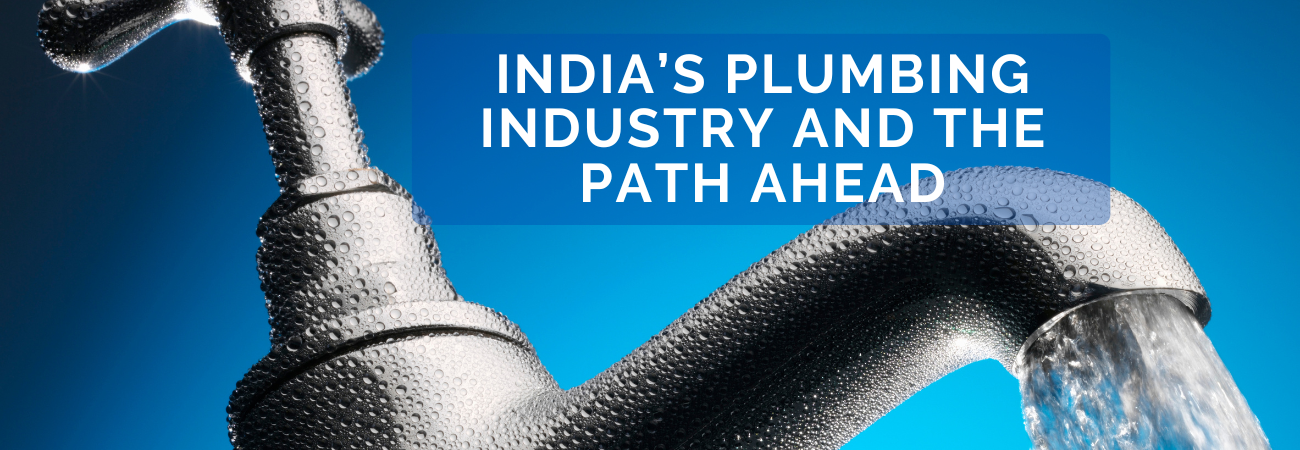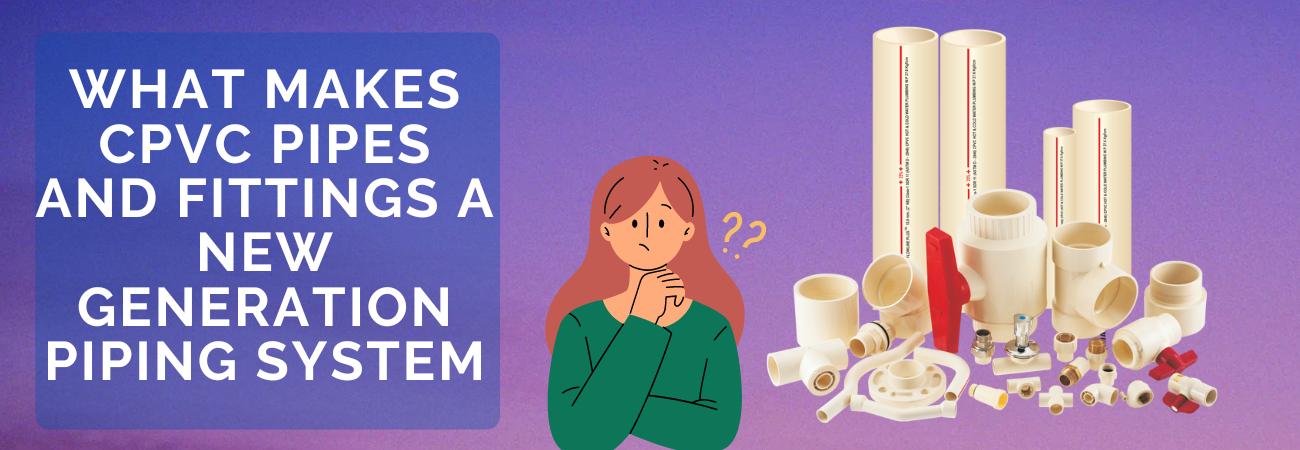PVC Pipes
PVC pipes are among the most popular plumbing materials used in the construction industry. PVC pipes are made of a type of plastic called Polyvinyl chloride (PVC), which is strong, lightweight, and durable. They are used in various applications, including plumbing, water supply, sewage, and electrical wiring. However, not all PVC pipes are created equal, and there are several factors that determine good quality PVC pipes. In this article, we will discuss these factors in detail.
- Material Quality
The first and most important factor that determines the quality of PVC pipes is the quality of the raw materials used in the manufacturing process. PVC is a thermoplastic, and the quality of PVC pipes depends on the quality of the PVC resin. Low-quality resin leads to low-quality PVC pipes, which can cause problems like leaks, breakage, and contamination. High-quality PVC resin ensures that the pipes are strong, durable, and resistant to wear and tear.
- Size and Wall Thickness
The size and wall thickness of PVC pipes also play a critical role in determining their quality. The wall thickness of PVC pipes should be uniform and consistent to avoid weak spots that can lead to leaks or burst pipes. The diameter of the pipes also determines the flow rate and pressure capacity. It is essential to choose the correct pipe size to ensure adequate flow and pressure for the intended use.
- Manufacturing Process
The manufacturing process used to make PVC pipes is also critical in determining their quality. The process should be well-controlled to ensure that the pipes meet the required standards. PVC pipes are manufactured through a process called extrusion. The extrusion process should be consistent and controlled to produce pipes that are straight uniform, and free from defects.
- Chemical Resistance
PVC pipes are used to carry different types of liquids, including water, chemicals, and sewage. The quality of PVC pipes depends on their ability to resist chemical reactions and degradation. The pipes must be resistant to chemicals, such as acids and alkalis, to ensure that they do not corrode or degrade over time.
- Impact Resistance
PVC pipes should be able to withstand impact and pressure without cracking or breaking. The quality of PVC pipes is determined by their impact resistance. Pipes that are too brittle can easily break under pressure or impact, leading to leaks or bursts. High-quality PVC pipes should be able to withstand impact and pressure without deformation or breakage.
- UV Resistance
PVC pipes are also exposed to sunlight, which can cause discoloration and degradation. The quality of PVC pipes is determined by their ability to resist UV radiation. Pipes that are not UV resistant can discolor, become brittle, and crack over time.
- Certification
The final factor that determines good quality PVC pipes is certification. PVC pipes must meet various standards and regulations to ensure that they are safe and reliable for use. PVC pipes should be certified by reputable organizations, such as NSF International, ASTM International, or UL. Certified pipes are subjected to rigorous testing to ensure that they meet the required standards for quality and safety.
In conclusion, the quality of PVC pipes is determined by several factors, including the quality of the raw materials, size and wall thickness, manufacturing process, chemical resistance, impact resistance, UV resistance, and certification. High-quality PVC pipes are strong, durable, and resistant to wear and tear. Choosing good quality PVC pipes is critical to ensure that they can withstand the rigors of their intended use and last for many years.
For any queries, contact the plumbing experts at Ajay pipes on the Toll Free No. : 1800-11-4050 or via email at our email address info@ajaypipes.com

